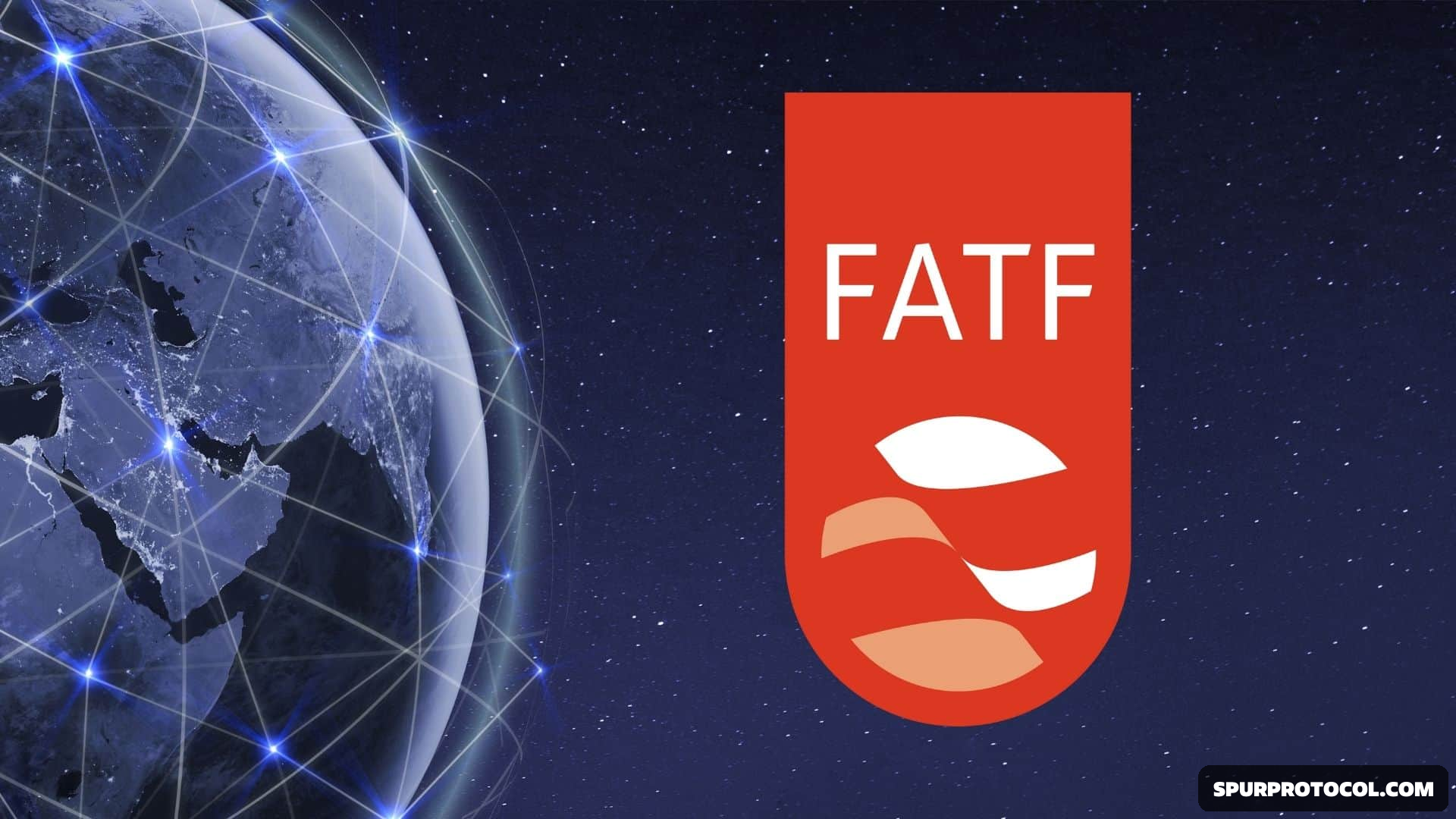What FATF Guidelines For Cryptocurrency
What to know about FATF guidelines for cryptocurrency
Go Back
🕒 8:14 AM
📅 Mar 29, 2025
✍️ By KingWasberryBest
What to know about FATF guidelines for cryptocurrency
Go Back
🕒 8:14 AM
📅 Mar 29, 2025
✍️ By KingWasberryBest
The Financial Action Task Force (FATF) guidelines for cryptocurrency aim to combat money laundering and terrorist financing in the virtual asset space. Here are the key takeaways:
-:Definition of Virtual Assets and VASPs: FATF defines virtual assets as digital representations of value that can be transferred, traded, or used for payment or investment purposes. Virtual Asset Service Providers (VASPs) include entities that conduct activities such as exchange between virtual assets and fiat currencies, transfer of virtual assets, and safekeeping/administration of virtual assets.
-Risk-Based Approach: FATF recommends a risk-based approach for countries to assess and mitigate risks associated with virtual asset activities and service providers.
-Licensing and Registration: VASPs are required to be licensed or registered and subject to supervision or monitoring by competent national authorities.
-Anti-Money Laundering (AML) and Counter-Terrorist Financing (CTF): VASPs are required to implement AML/CTF measures, including customer due diligence, reporting suspicious transactions, and maintaining records.
-Travel Rule: FATF requires VASPs to implement the "travel rule," which involves sharing customer information with other VASPs when transferring virtual assets.
-Information-Sharing and Cooperation: FATF encourages information-sharing and cooperation among VASP supervisors to prevent money laundering and terrorist financing.
These guidelines aim to enhance financial transparency and minimize the risk exposure of virtual asset businesses. Countries are required to adopt these measures and ensure that VASPs comply with AML/CTF obligations.